ALL ARTICLES CAN BE READ IN MORE THAN 100 LANGUAGES
Desmond M. Tutu, Archbishop Emeritus of Cape Town, Nobel Peace Laureate of 1984 and Elder Emeritus, som bisto den ikkevoldelige anti-apartheidbevegelsen med avviklingen av apartheid, døde andre juledag i en alder av 90 år.
Erkebiskop Desmond Mpilo Tutu, født i 1931, som brukte sin prekestol og sin mektige personlighet til å undergrave apartheidstyret i Sør-Afrika, for deretter å bli ledende talsmann for fredelig forsoning under svart flertallsstyre, døde søndag andre juledag i Cape Town. Hans død ble kunngjort av Sør-Afrikas president Cyril Ramaphosa som kalte erkebiskopen «en leder med prinsipper og pragmatisme, som ga mening til den bibelske holdningen om å tro uten gjerninger, er død». Desmond og Leah Tutu Legacy Foundation forkynte at dødsårsaken var kreft. Tutu hadde blitt diagnostisert med prostatakreft i 1997 og ble flere ganger deretter innlagt på sykehus. Han døde rolig på et omsorgssenter.

Erkebiskop Desmond Tutu
Erkebiskop Tutu, som var leder av South African Council of Churches og senere ble anglikansk erkebiskop av Cape Town, ledet, med kirken i front, svarte sørafrikaneres lange kamp for frihet. Hans stemme virket for ikkevold i anti-apartheidbevegelsen, hvilket bidro til Nobels fredspris i 1984.

Nelson Mandela og Desmond Tutu
På 1990-tallet påvirket Tutus virksomhet South Africa’s Truth and Reconciliation Commission, hvor dokumentasjon om apartheidpolitikkens råskap ble samlet, Sør-Afrika for toleranse mellom landets hvite og svarte borgere. «Du blir overveldet av omfanget av ondskapen, men det er nødvendig å åpne såret for å rense det». Likevel ga komiteen amnesti til forbryterne. Tutus åpenhjertighet var vesentlig for å få medlemmer av de sørafrikanske sikkerhetsstyrkene og den tidligere geriljaen til å samarbeide om etterforskningen. Han mente at det var like umenneskelig for despotene som for de rammede. Tutu oppfordret til sanksjonering av landet for å framtvinge endret politikk som førte til at African National Congress – ANC kom til makten under Nelson Mandela med avholdelse av det første demokratiske valget i 1994.

President Thabo Mbeki
Noen år senere, i 2004, anklaget erkebiskop Tutu president Mandelas etterfølger, president Thabo Mbeki for å drive en politikk for en begrenset elite på bekostning av flertallet.

President Jacob G. Zuma
Erkebiskop Tutu var også misfornøyd med Mbekis etterfølger, Jacob G. Zuma. Tutu skal ha uttalt omtrentlig noe som «Mange av tingene vi drømte om har vist seg mulige». «Vi er fortsatt et ulikt samfunn med kontrast til den gode tiden med Mandela.» I 2011 anklaget han ANC-regjeringen for korrupsjon og dårlig forvaltning. «Denne regjeringen er verre enn apartheidregjeringen, ettersom situasjonen under den regjeringen kunne være forventet». Tutu skal ha tillagt president Zuma noe som slikt, «at du og din regjering ikke representerer meg. Du representerer kun dine egne interesser. Jeg advarer deg av kjærlighet, en dag vil vi begynne å be om nederlaget til ANC-myndigheten». President Zuma ble avsatt i 2018.

President Cyril Ramaphosa
Cyril Ramaphosa overtok deretter som president, noe Tutu visstnok var relativt fornøyd med.
Ramaphosa begynte å studere jus i 1972 hvor han ble involvert i studentpolitikk. Han ble med i South African Students Organization og Black People’s Convention. Etter å ha organisert pro-Frelimo-stevner ble han i 1974 varetektsfengslet i elleve måneder. I 1976 ble han varetektsfengslet igjen, i seks måneder, etter urolighetene i Soweto. Etter løslatelsen ble han advokatfullmektig for et advokatfirma i Johannesburg og fortsatte med sine juridiske studier ved University of South Africa hvor han fikk sin grad. Han har senere gjort karriere innen business og er blant de mest velstående i Sør-Afrika.
Erkebiskop Tutu var tilsynelatende en evig optimist og hadde alltid hevdet at han var prest og ikke politiker. Da lederne av bevegelsen mot apartheid ble løslatt fra fengsel eller kom tilbake fra eksil, tjente han som disses sjelesørger, erkjente sin politiske rolle for kirken og ordinerte ikke prester som tilhørte noe politisk parti. Han var fra nordvest-provinsen i Sør-Afrika, hvor hans mor var hushjelp og hans far lærer på en metodistskole. Familien flyttet etter hvert til Johannesburg.

King’s College, London
Tutu studerte ved Pretoria Bantu Normal College, tok bachelorgrad fra University of South Africa, hvoretter han virket som lærer på en videregående skole i noen år. Han var politisk opponent, studerte deretter ved St. Peter’s Theological College i Johannesburg og ble ordinert til anglikansk prest, deretter studerte han i England, hvor han tok bachelorgrad og mastergrad i teologi på King’s College i London. Tutu reiste tilbake til Sør-Afrika hvor han var foreleser fram til 1975. Han ble tilsatt som assisterende direktør for Theological Education Fund med oppdrag i Asia og Afrika, dessuten administrerte han stipend for Kirkenes Verdensråd. I 1975 ble han utnevnt til anglikansk dekan i Johannesburg og året etter vigslet til biskop av Lesotho.

Tutu mottar Nobels fredspris, til høyre formann i Nobelkomiteen Egil Aarflot
I 1978 ble Erkebiskop Tutu tilsatt som den første mørkhudede generalsekretæren for South African Council of Churches og påstartet arbeidet med å reetablere organisasjonens bevegelsen mot apartheid. I 1984 ble han tildelt Nobels fredspris og samme år tilsatt som anglikansk biskop i Johannesburg etter at det nasjonale kirkehierarkiet hadde grepet inn for å løse forholdet mellom svarte og hvite velgere. I 1986 ble Tutu utnevnt til erkebiskop av Cape Town med en menighet bestående hovedsakelig av halvannen million fargede.
Desmond Tutu var gift i 60 år med Nomalizo Leah Tutu og de fikk sammen fire barn og mange barnebarn.
I 2007 deltok Desmond Mpilo Tutu i dannelsen av The Elders.
Participation with The Elders

The Elders
Erkebiskop Tutu was a founding member and Chair of The Elders that «is an international non-governmental organisation of public figures noted as senior statesmen, peace activists and human rights advocates, who were brought together by Nelson Mandela in 2007. They describe themselves as independent global leaders working together for peace and human rights».
Here you may read quoted The Elders own descriptions:
«Despite all of the ghastliness in the world, human beings are made for goodness. The ones that are held in high regard are not militarily powerful, nor even economically prosperous. They have a commitment to try and make the world a better place».
Known affectionately as ‘Arch’ by his fellow Elders, Desmond Tutu helped bring the group together in 2007 and served as its much-loved Chair until he stepped down in May 2013. He continues to support the group as an «Elder Emeritus».
One of the world’s best known advocates for peace and reconciliation, travelled to Cyprus with the Elders several times to encourage reconciliation between Greek Cypriot and Turkish Cypriot communities; to Israel and the occupied Palestinian territories to promote a just and secure Middle East peace; to Côte d’Ivoire, where the Elders encouraged national reconciliation following the post-election violence of early 2011; to Sudan and South Sudan to highlight humanitarian needs and the importance of dialogue between political leaders; In 2014, he joined an Elders delegation to Iran, meeting President Rouhani and key Iranian figures to promote peaceful solutions to conflict and sectarian divisions in the region.
A vigorous champion of youth empowerment, Archbishop Tutu took has taken part in several intergenerational initiatives, including Elders+Youngers and The Elders’ intergenerational climate blog series. He has also travelled to Ethiopia with The Elders in June 2011, and to India in February 2012, to support communities tackling the harmful traditional practice of child marriage.
Anti-apartheid archbishop
Desmond Tutu began his career as a high school teacher but turned to theology after the 1953 Bantu Education Act enforced racial segregation in all educational institutions in South Africa. He was ordained as an Anglican priest in 1960, becoming the first black Anglican Dean of Johannesburg in 1975 and the first black General Secretary of the South African Council of Churches four years later. An outspoken critic of the apartheid government, he insisted that racial segregation was against God’s will. He soon became well-known internationally for his commitment to non-violence and support for economic sanctions against apartheid South Africa.
Desmond Tutu was awarded the Nobel Peace Prize in 1984 «for his role as a unifying leader figure in the non-violent campaign to resolve the problem of apartheid in South Africa». In 1986 he was elected Archbishop of Cape Town, the highest position in the Anglican Church in South Africa. Widely regarded as «South Africa’s moral conscience», he continued to speak out against the apartheid regime and organised many peaceful demonstrations with thousands marching beside him.
Truth and reconciliation
In 1994, after the end of apartheid and the election of Nelson Mandela as President of South Africa, Desmond Tutu was appointed Chair of South Africa’s Truth and Reconciliation Commission to investigate apartheid-era crimes. The model he established was based on truth as a foundation for forgiveness and reconciliation and became central in healing South Africa’s divided society. Archbishop Tutu believes that: «without forgiveness there can be no future for a relationship between individuals or within and between nations».
Tutu retired as Chair of the Commission in 1998 and has since shared his experience and advice with those undertaking their own truth and reconciliation processes in post-conflict societies, from Northern Ireland to the Solomon Islands.
Advocate for peace and justice
Desmond Tutu remains a passionate critic of injustice. Despite announcing his retirement from public life in 2010, he continues to stand up for those who are poor and oppressed, to raise awareness of global crises such as the AIDS pandemic and climate change, and to advance peace and reconciliation worldwide. Alongside his wife, Leah, Archbishop Tutu continues to work through the Desmond & Leah Tutu Legacy Foundation with the objective of promoting peace-building through conflict resolution, fostering reconciliation and cultivating accountable servant leadership.
Archbishop Tutu’s ability to convey difficult messages with clarity, compassion and conviviality make him one of the most loved and respected activists of our time. As his great friend Nelson Mandela said of Tutu, he is sometimes strident, often tender, never afraid and seldom without humour».
https://twitter.com/i/status/1475058706467459080
Featured image: Erkebiskop Desmond Mpilo Tutu
26/12/2021
Inform five of your friends about www.em24.uk which is a free magazine!



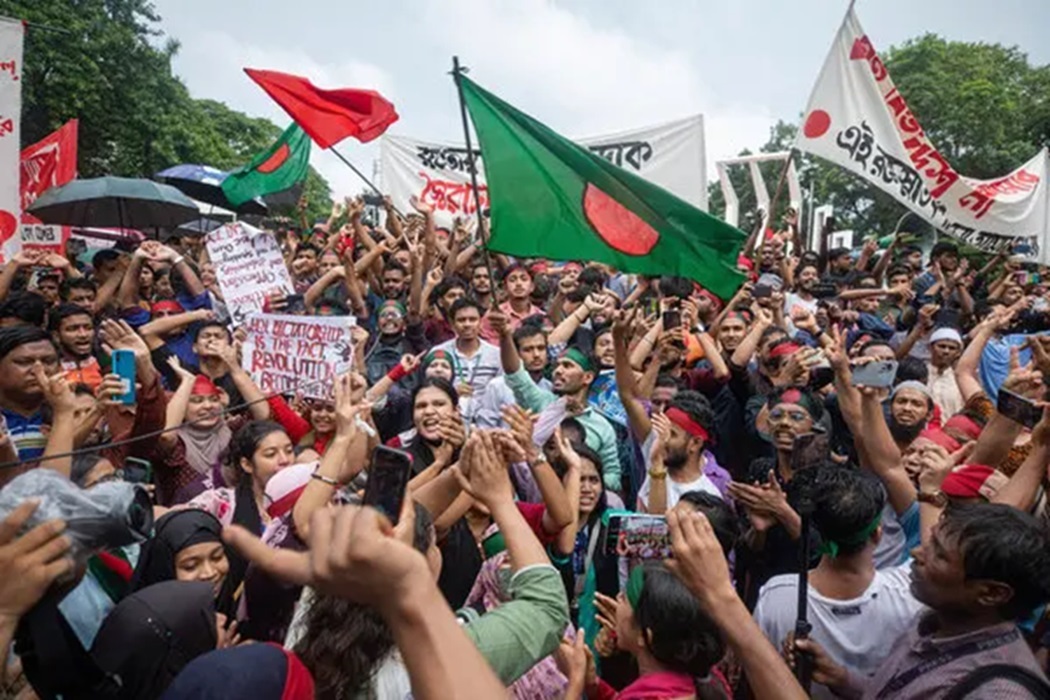




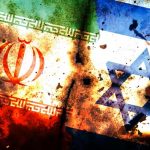



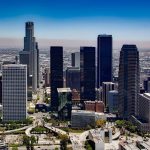
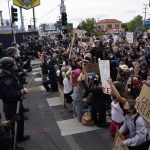

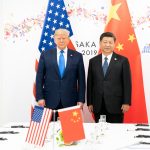


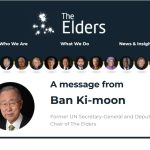




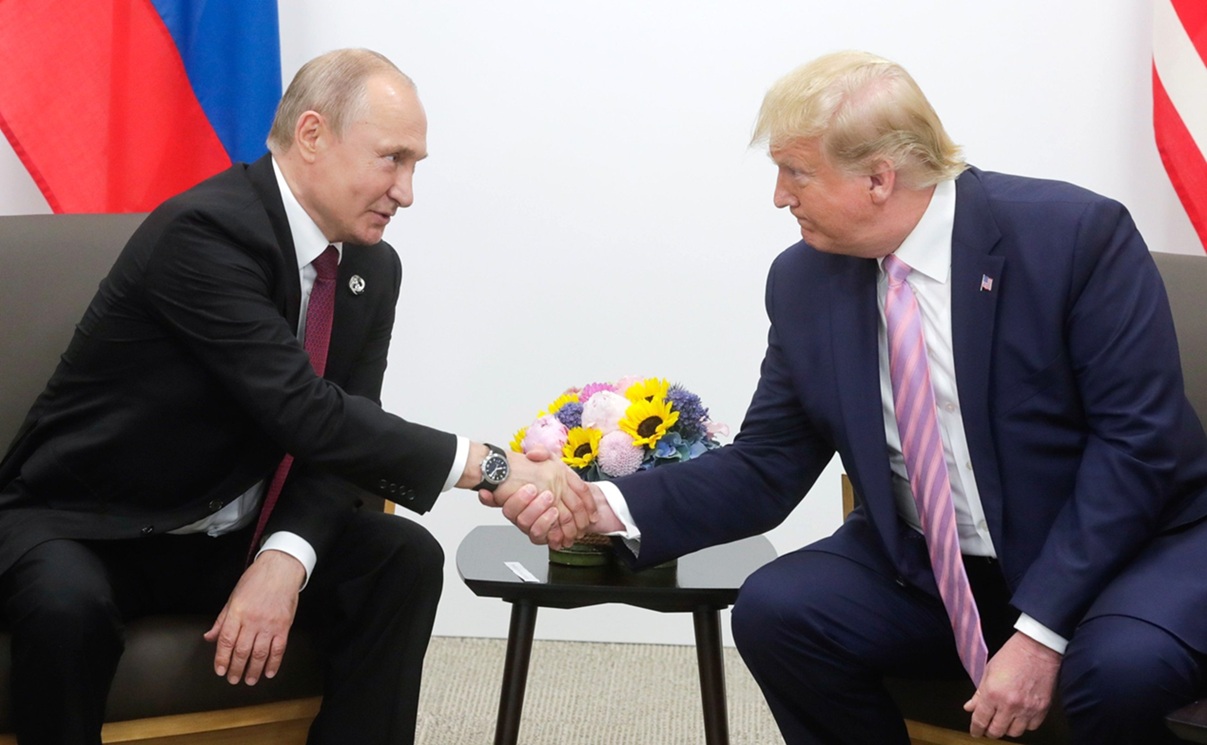
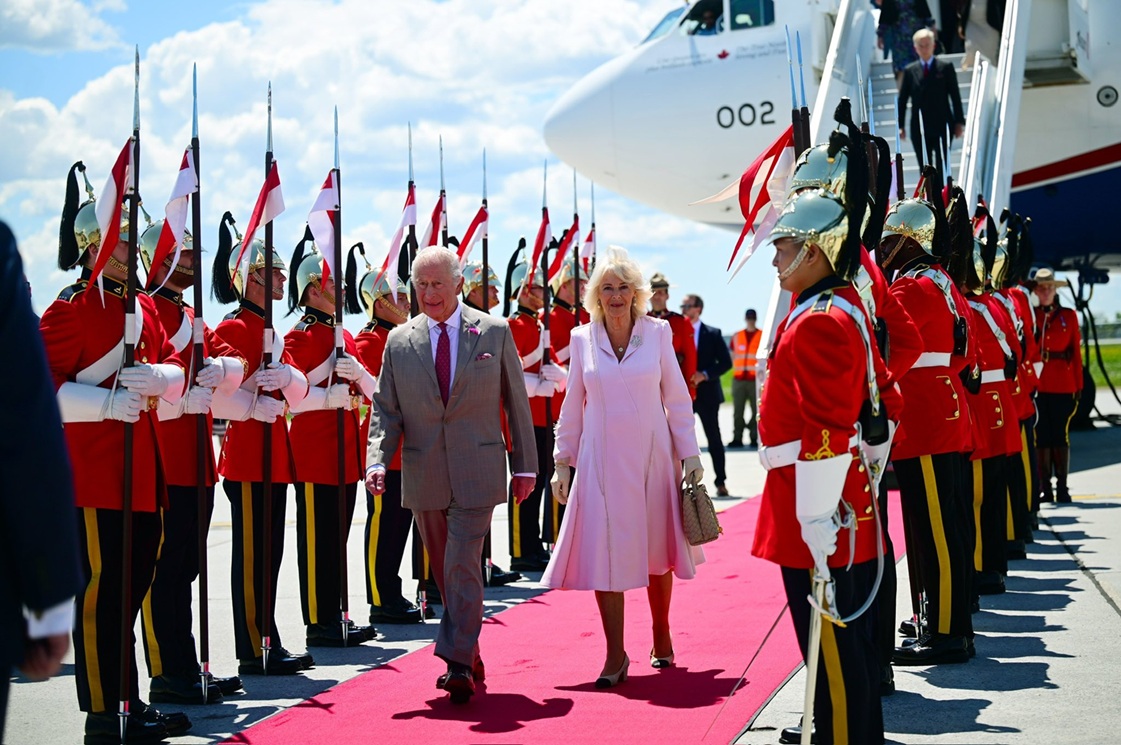
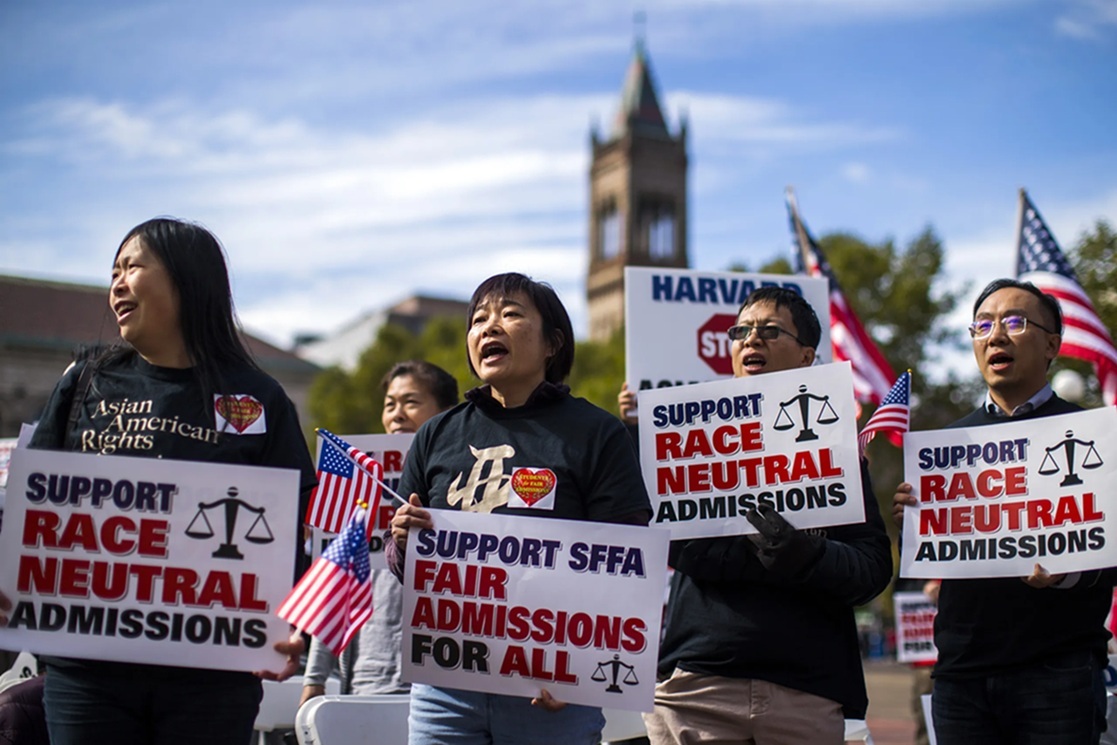

wow, awesome post. Really looking forward to read more.
Impressive blog layout! The entire site looks marvelous.